This is the time to assess your tax outlook for 2022. By developing a comprehensive year-end plan, you can maximize the tax breaks currently on the books and avoid potential pitfalls.
BUSINESS TAX PLANNING
Depreciation-Based Deductions
As we head into year-end, a business may benefit from one or more of three depreciation-based tax breaks: (1) the Section 179 deduction; (2) first-year “bonus” depreciation; and (3) regular depreciation.
TAX IDEA: Place qualified property in service before the end of the year. If your business does not start using the property before 2023, it is not eligible for these tax breaks.
- Section 179 deduction: Under Section 179 of the tax code, a business may “expense” (i.e., currently deduct) the cost of qualified property placed in service anytime during the year. The maximum annual deduction is phased out on a dollar-for-dollar basis above a specified threshold. The chart below shows the progression of the allowance and phase-out since 2010.
| Tax year | Deduction limit | Phase-out threshold |
| 2010–2015 | $500,000 | $2 million |
| 2016 | $500,000 | $2.01 million |
| 2017 | $510,000 | $2.03 million |
| 2018 | $1 million | $2.50 million |
| 2019 | $1.02 million | $2.55 million |
| 2020 | $1.04 million | $2.59 million |
| 2021 | $1.05 million | $2.62 million |
| 2022 | $1.08 million | $2.70 million |
However, be aware that the Section 179 deduction cannot exceed the taxable income from all your business activities this year. This could limit your deduction for 2022.
2. First-year bonus depreciation: The TCJA authorized a 100% first-year bonus depreciation deduction through 2022. This includes used, as well as new, property.
- Regular depreciation: If any remaining acquisition cost remains, the balance may be deducted over time under the Modified Accelerated Cost Recovery System (MACRS).
Year-end tip: The first-year bonus depreciation deduction is scheduled to phase out over five years, beginning in 2023. Take full advantage while you can.
Payroll Tax Deferrals
Under the CARES Act, an employer could defer its share of the Social Security tax portion of payroll taxes due for March 27, 2020, through December 31, 2020. The first half of the deferred amount was due at the end of 2021.
TAX IDEA: Do not neglect to pay the second half of the deferred tax. This payment is due by January 3, 2023. If your business does not remit the payroll taxes in time, it will owe a penalty equal to 10% of the entire deferral amount. Furthermore, if it does not deposit the taxes within ten days of the IRS issuing a notice, the penalty is increased to 15%.
Note that the ARPA extended the payroll tax deferral break for wages paid from January 1, 2021 through December 31, 2021.
Year-end tip: There is no payroll tax deferral for wages paid in 2022. So, your business must meet its regular payroll obligations in addition to paying any deferred tax that is due.
Start-up Costs
Normally, the costs associated with the start-up of a new business venture must be amortized over 180 months. However, the tax law allows an entrepreneur to claim a current deduction of up to $5,000 for qualified start-up costs. The $5,000 write-off is phased out for costs above $50,000.
TAX IDEA: Make sure you are “open for business” before January 1, 2023. Typically, this means you must begin offering goods or services. Otherwise, you cannot claim the current $5,000 deduction.
Generally, start-up costs are those that would be deductible as business expenses, such as:
* An analysis of potential markets, products, labor supply, transportation facilities, etc.
* Advertisements for the opening of the business.
* Salaries and wages for employees who are being trained and those instructing them.
* Travel costs to secure prospective distributors, suppliers, customers or clients.
* Salaries and fees for executives and consultants or similar professional services.
Year-end tip: In addition, you may be entitled to a current deduction of up to $5,000 for qualified organizational expenses (e.g., expenses of a CPA).
Business Meals
Previously, a business could deduct 50% of the cost of its qualified business entertainment expenses. However, the deduction for entertainment costs, including strictly social meals preceding or following a “substantial business discussion,” was eliminated by the TCJA, beginning in 2018.
TAX IDEA: Current law still permits deductions for certain business meals if you have the records needed to support your claims. Plus, your business may benefit from an enhanced deduction this year.
For starters, a business can deduct meal expenses of employees traveling away from home on business. In addition, the cost of food and beverages associated with entertainment such as sporting events and concerts may be deductible if the food and beverages are invoiced separately. The IRS has issued detailed regulations relating to these deductions.
Note that the cost of the food and beverages cannot be artificially inflated. Obtain the invoices from the appropriate venues.
Year-end tip: The ARPA doubles the usual 50% deduction to 100% for food and beverages provided by restaurants in 2021 and 2022. This tax break is not expected to be extended.
Business Repairs
As more remote workers return to your regular workplace, the business may need to fix up the place. While expenses spent on making repairs are currently deductible, the cost of improvements to business property must be capitalized.
TAX IDEA: When appropriate, complete minor repairs before the end of the year. The deductions can offset taxable income in 2022.
As a rule of thumb, a repair keeps property in efficient operating condition while an improvement prolongs the life of the property, enhances its value or adapts it to a different use. For example, fixing a broken window is a repair, but the addition of a new wing to a business building is treated as an improvement.
Year-end tip: IRS regulations allow a qualified business to make a safe-harbor election to currently deduct costs relating to certain improvements.
Miscellaneous
* Stock up on routine supplies (especially if they are in high demand). If you buy the supplies in 2022, they are deductible in 2022—even if they are not used until 2023.
* Maximize the qualified business interest (QBI) deduction for pass-through entities and self-employed individuals. Note that special rules apply if you are in a “specified service trade or business” (SSTB). See your professional tax advisor for more details.
* If you pay year-end bonuses to employees in 2023, the amounts are generally deductible by the company and taxable to the employees in 2023. But a calendar-year company operating on the accrual basis may be able to deduct bonuses paid as late as March 15, 2023, on its 2022 return.
* Be aware that the IRA requires a corporation to pay a 1% excise tax if it purchases its own stock from shareholders, beginning in 2023. Consider using this technique in 2022 to avoid tax.
* If you buy a heavy-duty SUV or van for business, you may claim a first-year Section 179 deduction of up to $25,000. The “luxury car” limits do not apply to certain heavy-duty vehicles.
* Keep records of collection efforts (e.g., phone calls, emails and dunning letters) to prove debts are worthless. This may allow you to claim a bad debt deduction.
* Hire workers for the busy holiday season from certain “target” groups eligible for the Work Opportunity Tax Credit (WOTC). Generally, the WOTC is 40% of first-year wages of up to $6,000, for a maximum $2,400 credit per qualified worker.
CONCLUSION
This year-end tax-planning letter is based on the prevailing federal tax laws, rules and regulations. Of course, it is subject to change, especially if additional tax legislation is enacted by Congress before the end of the year.
Finally, remember that this letter is intended to serve only as a general guideline. Your personal circumstances will likely require careful examination. Please call Larson & Company today at 801-313-1900 to schedule a meeting for assistance with all your tax-planning needs.
Source: Elite Editorial Services, 2022 Year-End Tax Planning Letter, 11/18/22
This year-end tax-planning letter is published for our clients, friends and professional associates. It is designed to provide accurate and authoritative information with respect to the subject matter covered. The information contained in this letter is not intended or written to be used for the purpose of avoiding any penalties that may be imposed under federal tax law and cannot be used by you or any other taxpayer for the purpose of avoiding such penalties. Before any action is taken based on this information, it is essential that competent, individual, professional advice be obtained.


.png)



